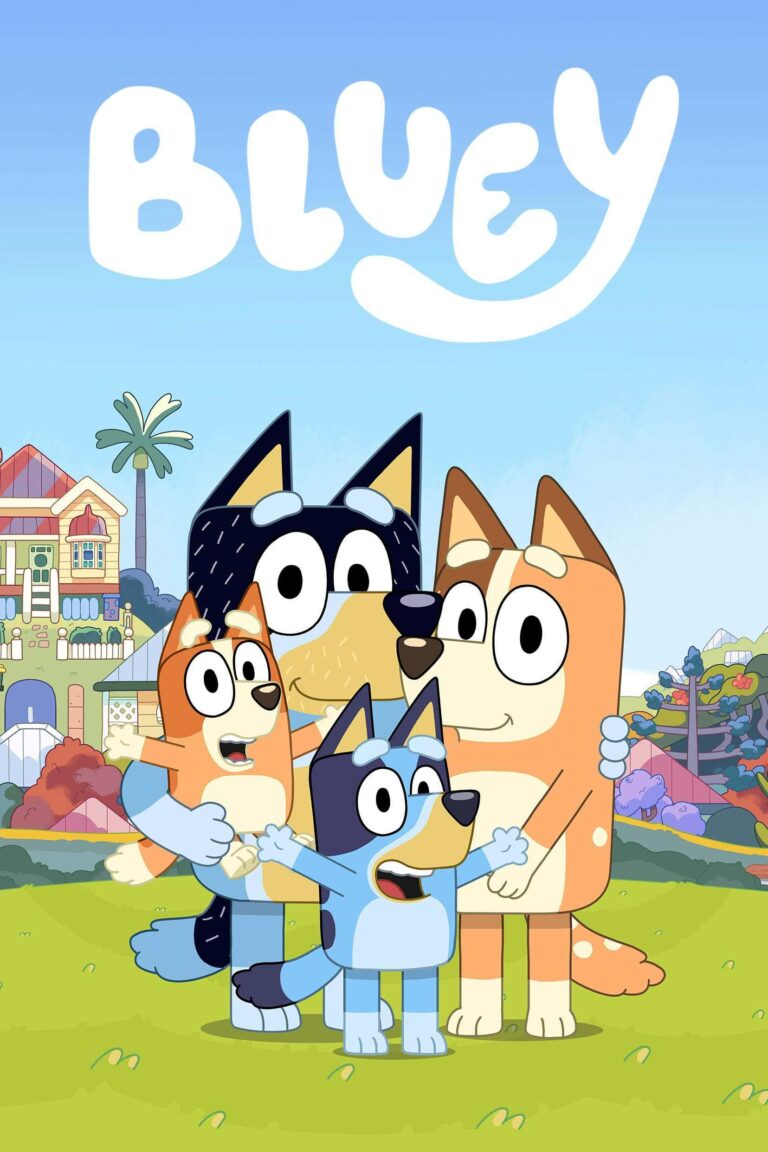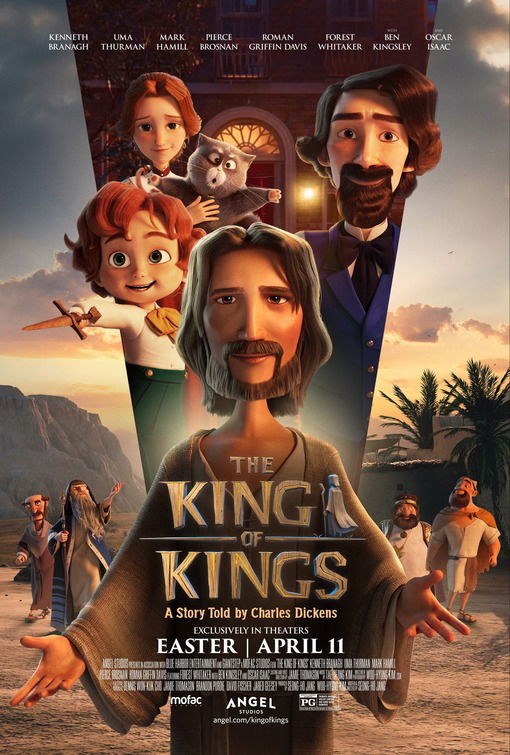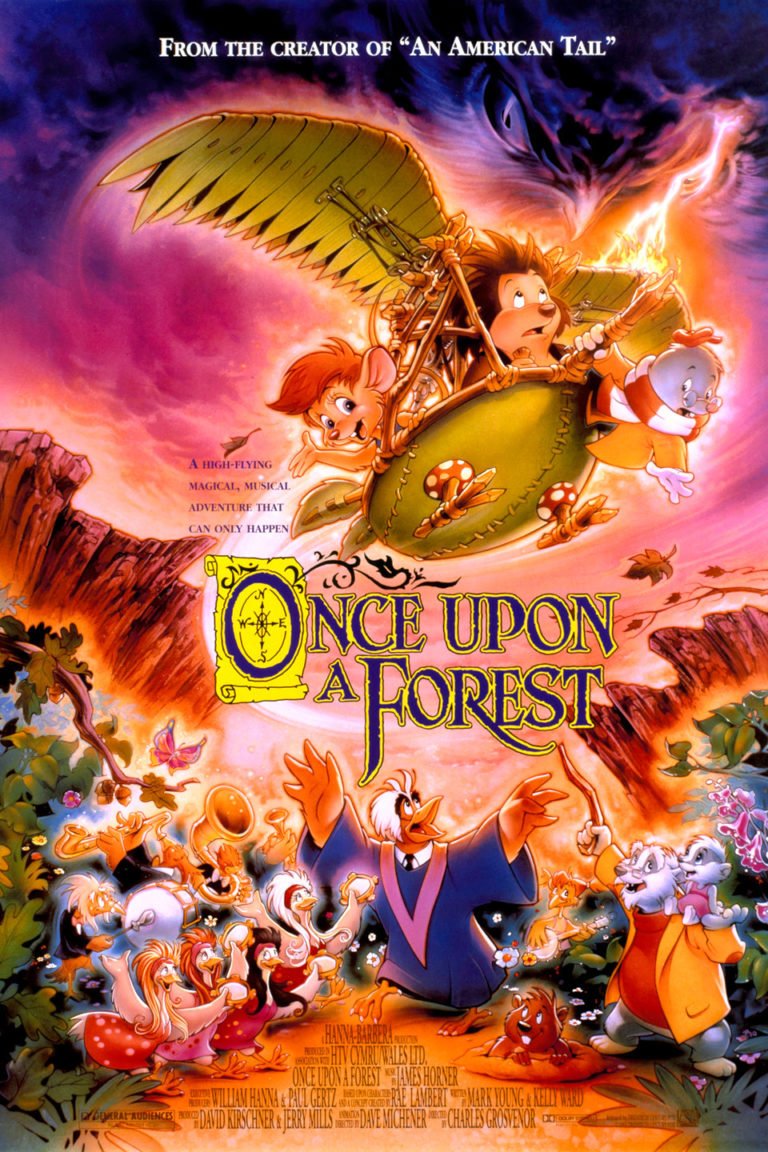Are Airlines Failing to Protect Children from Unsavory Content?
By Tess Farrand, Staff Writer
Have you ever been on a plane and the person next to you was watching a movie you didn’t like? Perhaps, you were in a seat where you could multiple screens with movies playing and some were less than appropriate? If you answer is yes, maybe we should be asking: are airlines doing a good job protecting children from unsavory content?
One airline received flack about this very issue.
Delta Airlines has access to tons of newly released movies for passengers to view. Currently, the movie DISOBEDIENCE is one of the many options. The movie follows two lesbians’ love affair in an Orthodox Jewish community. For many reasons, including the explicit sex scenes, Movieguide gave it a -4. The movie poster itself is salacious, featuring two women passionately kissing.
One Twitter user was actually overjoyed that the movie was available on her flight and joked about making her seat neighbors uncomfortable.
One Twitter user was actually overjoyed that the movie was available on her flight and joked about making her seat neighbors uncomfortable.
Omg. Delta has #disobedience on their streaming service. ? Let’s put the hotel scene on replay & make the neighbors really uncomfy. ?♀️
— Dani Chase (@thedanicheese) September 28, 2018
This isn’t the first time Delta was in the news for something like this. In 2016, the LGBT community was outraged because Delta decided to take out graphic sexual scenes in CAROL, another movie about two female lovers. In a statement about the issue, Delta commented, “If we were worried about kissing we wouldn’t be showing the film, but because there are scenes with more than a few seconds of nudity, we opted for the edited version instead of the theatrical version.”
Three years later, it seems Delta’s perspective has changed. The user above celebrated the fact that DISOBEDIENCE wasn’t edited at all.
This is a tricky issue because multiple screens allow for a more “personal” viewing experience while in flight, unlike before when the airline would play movies on bigger screens. However, with so many screens playing different material, passengers can easily find themselves watching someone else’s screen. Hugo Martin of the Los Angeles Times points out, “In the past, when entertainment was shown on overhead screens to all passengers, airlines showed only family-friendly movies and TV shows.” He continues, “but the policies for onboard entertainment has become more complicated now that many airlines offer entertainment on individual seatback screens.”
Some like the airline entertainment provider, Global Eagle maintain an acute sense of awareness towards passengers with an M.O to match the content of the movie to the airline’s culture. “We dub and edit movies for global audiences, including children on board, and at the same time we are required to obey local laws and local religious sensitivities.” But,obviously, this isn’t the case for all.
To combat exposing child passengers to graphic images, in 2007, the Family-Friendly Flights Act was proposed to create “child-safe viewing areas” where only G-rated movies could be screened. However, the bill was never passed, and no bills of the same kind have passed legislation.
Senior vice president of content services, Amir Samanani gives insight into how airlines are more lenient with entertainment options. “What the airlines are doing now, before the movie starts, they have a little disclaimer. They’ll say, ‘This movie has some unsuitable content — nudity or language.’ Then you as the passenger have to say yes, I still want to watch it.”
Just because you click “agree” doesn’t mean the person next to you does. To be prepared, be mindful of the options available on the flight, and if you are uneasy, ask the person next to you to pick another movie or TV show. This move has the potential to open up a dialogue about content where you can lend your voice. Even more, take action by writing to the airline directly and telling them your concerns. Airlines thrive on customer service, and if you’re not happy, that negatively impacts the company, especially when you voice your concerns on platforms like Facebook and Twitter. Paying customers don’t have to passively let companies offend their eyes, ears and minds. Our voice has power, and so does our money.
Questions or comments? Please write to us here.


 - Content:
- Content: 

